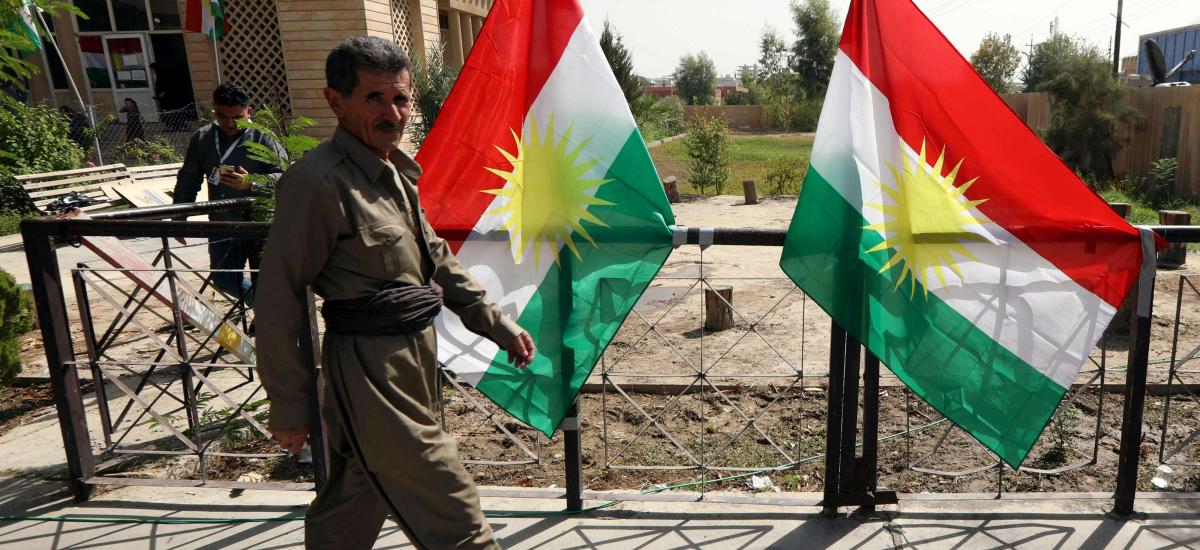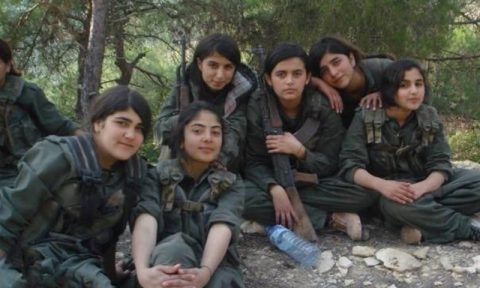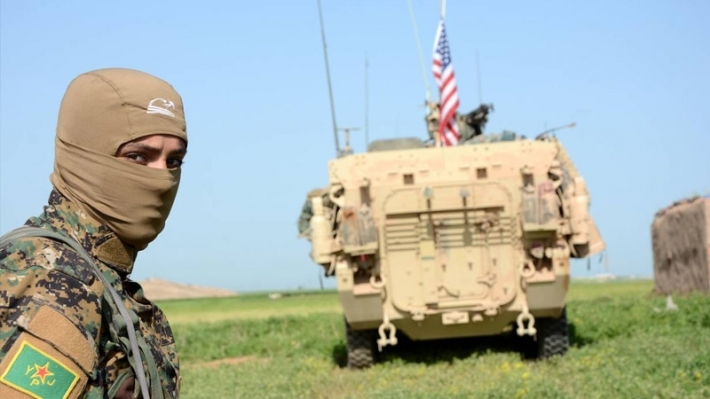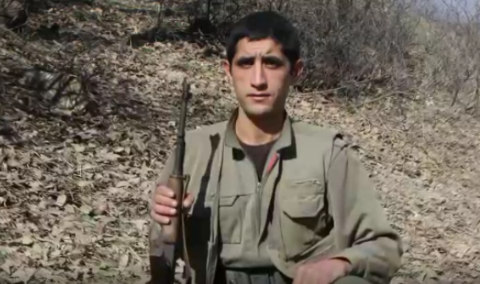Turkey is running the risk of sparking a new intra-Kurdish conflict in northern Iraq by pushing the Kurdistan Regional Government (KRG) to deepen its involvement in Ankara’s campaign against the Kurdistan Workers’ Party (PKK), pro-Kurdish activist Sarah Glynn stated in a recent podcast.
Glynn, who recently wrote that Turkey risked pushing Iraqi Kurdistan towards a civil war in an article for Open Democracy, believes that this goal is not an implausible one because Ankara would be the only party to benefit.
Using its deepening ties with the KRG, local Kurdish peshmerga units have clashed heavily over the last year with PKK militants that have long operated out of Iraq’s mountainous north.
For Turkey and its president, Recep Tayyip Erdoğan, Glynn suggests a widening of the conflict between the KRG and PKK together with a widening Turkish military presence in the region would help realise what she says are neo-Ottoman ambitions to expand into lands it occupied almost a century ago.
“Erdoğan has made no secret of his ambitions to eliminate the 1923 borders and expand across Iraq,” said Glynn, referring to the 1923 Treaty of Lausanne that defined Turkey’s modern borders.
Erdoğan frequently invokes the prospect of a broader set of cross-border operations against the PKK in northern Iraq. Turkish drone and airstrikes have hammered PKK positions across that region, and Turkish officials insist that this has successfully eliminated key members of the group’s leadership.
However, Glynn suggests that Erdoğan has been careful about how he has confronted the PKK, in part because of the failed hostage rescue mission in the Gare Mountains last February. That operation left thirteen Turkish hostages dead. Erdoğan was forced to contend with a domestic fallout in its aftermath.
Now, Glynn says Turkey has turned to the KRG’s peshmerga units to encircle and pressure PKK fighters to make them easier pickings for Turkish airstrikes. KRG officials, including Prime Minister Nechivan Barzani, have accused the PKK of inviting Turkish attacks on Iraqi territory. His forces have also accused the PKK of conducting deadly ambushes of their convoys.
Beyond the well-known conflict between Turkey and the PKK, Glynn also blames international forces for enabling tensions to rise closer to a boiling point. Among them, she singles out the United States for enabling Turkey to escalate further.
“The United States has made it clear that they absolutely support getting rid of the PKK,” said Glynn.
The U.S, like Turkey, considers the PKK a terrorist organisation and has frequently defended its NATO ally’s right to conduct operations against it, even in Iraq. The U.S State Department still maintains bounties for several PKK commanders. The U.S. has also brokered a deal accepted by Turkey in which Iraqi federal troops would take over security for Sinjar province and push out armed groups, including those affiliated with the PKK.
For Glynn, the KRG also shares the blame due to its increasing closeness to Turkey. The two maintain deep economic relations. The KRG’s ruling Kurdistan Democratic Party (KDP) in particular, has held the PKK in contempt on ideological grounds for decades.
During the mid-1990s, Iraqi Kurds fought a civil war that pitted a Turkey-backed KDP against Kurdish factions that included the PKK. Glynn criticises Erbil’s current position on the Turkey-PKK conflict as “self-interested” and “semi-feudal.”
Taken together, she worries that further fighting between different Kurdish factions goaded by Turkey and ignored by the international community is a recipe for renewed instability.
Iraqi Kurdistan has long been considered an oasis of stability in the region. However, Glynn suggests that an unabated expansion of the Turkey-PKK conflict which ropes in other Kurdish sides will only invite a resurgence of the Islamic State (IS) or create conditions for future problems. To blunt this, she says the only way forward is a renewed pursuit of peace talks between both sides.
“If one imagines the same amount of effort being put into restarting a peace discussion [between Turkey and the Kurds] as is being put into the war and fighting, we’ll see that this is the only way to truly defuse the situation and bring peace for Kurds,” said Glynn.










